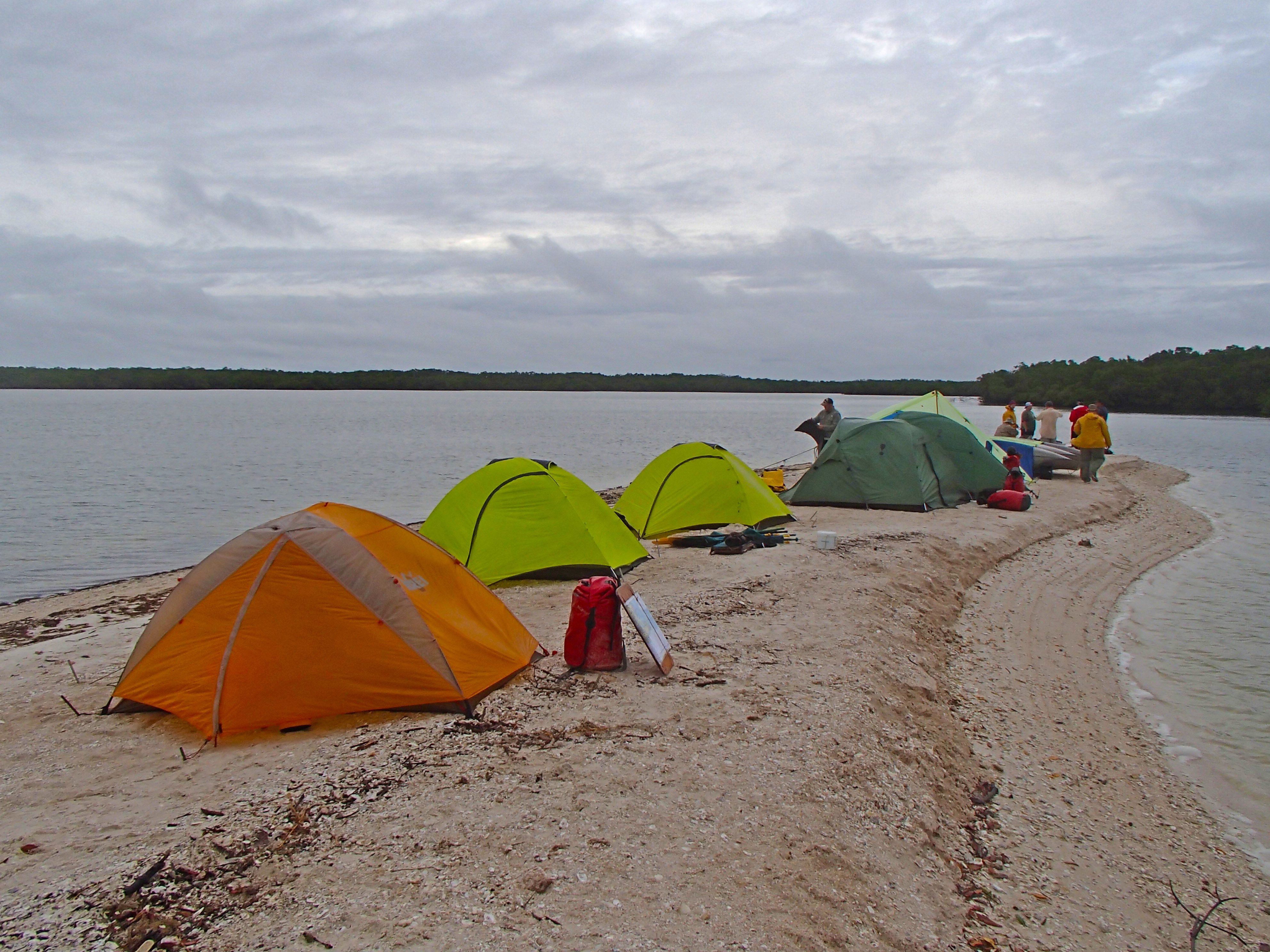Course Number
NSVC-921
Date
March 09, 2019 - March 14, 2019
CENTRAL RIVERS, FLORIDA
Central Florida is home to some of the country’s most historic and biologically diverse waterways. It offers paddling on small, winding canoe trails as well as larger rivers and lakes, with camping in a variety of environments from hardwood hammock forests to barrier islands.
The Suwannee River, Ocklawaha River, and St John’s River offer hundreds of miles of paddling in some of the country’s most unspoiled wilderness. These rivers support a variety of ecosystems including freshwater springs, swamps, sandy beaches, hardwood hammocks trees, and salt marshes. Shaded by giant Cypress and Tupelo trees, these rivers support a variety of wildlife and have deep cultural histories.
CANOEING
You can expect to spend a good deal of time each day in canoes. You will be in a tandem canoe, which means there are two participants per canoe. Depending on the wind and weather, the level of difficulty will vary day to day. You and your crewmates will learn or practice:
- expedition risk assessment and management
- route planning and navigation
- paddle strokes and techniques for propulsion and steering
- canoe-based assisted rescues and self-rescues.
- canoe expedition equipment use, care and maintenance.
- how to work with your paddling partner
It will be necessary for you and your crewmates to perform a swim assessment; as well as a flip and swim assessment as practice for paddling and self-rescue. This activity is closely monitored by your instructors. It is critical for us to determine your paddling comfort as you and your crew explore the area. Even if you are a non-swimmer or weak swimmer, you will still participate in this safety assessment. All students will be wearing personal flotation devices (PFDs) during the assessment. Personal flotation devices (PFDs) are required apparel anytime students are on the water.
SOLO - SELF REFLECTION
Solo typically occurs more than halfway through your course and may last up to 24 hours. Your instructors will assign each participant an individual campsite within a designated area. Your instructors will teach you procedures to follow during solo and monitor you during this experience. You will know the location of your instructors’ campsite should you need to contact them; otherwise it is essential that you remain in your designated area. If your course has an overnight solo you will have your clothing, food and water. In addition, you will have Outward Bound issued gear: including rain gear, shelter, sleeping bag, compass and whistle. You will not be physically active during solo, as solo is a time for rest, recharge and reflection. Solo is also a good time to write in the journals we provide. If you have questions or concerns, please discuss with your Student Services Representative or your instructors.
While in the Everglades/Ten Thousand Islands, you may be sleeping on the beach in tents with up to 1 other participant or on camping platforms in a personal bug tent. You will also be given a ground sheet and a foam sleeping pad to place under your sleeping bag.
